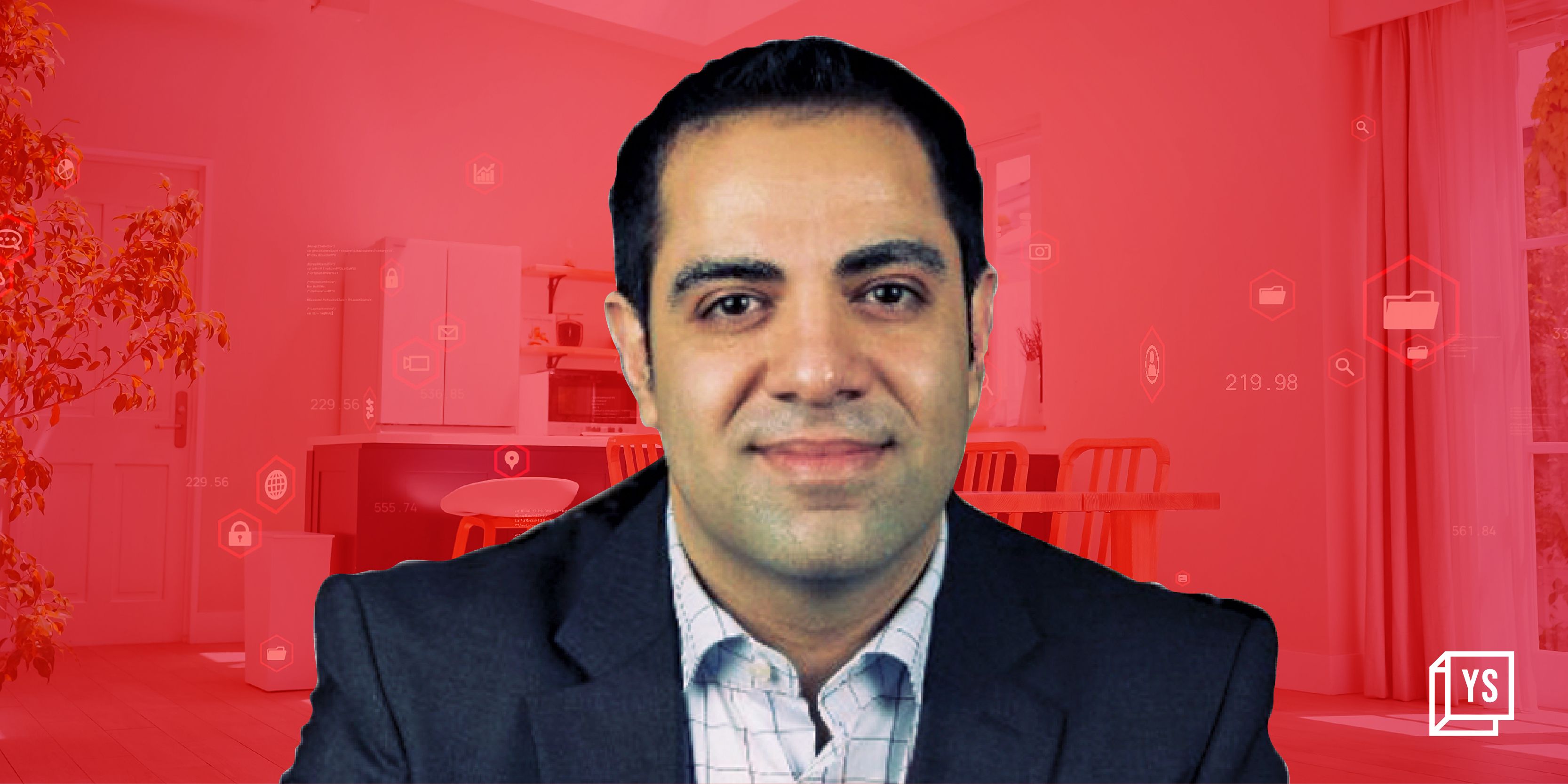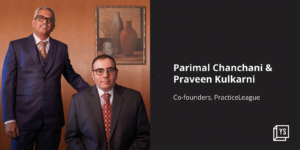
Imagine someone ringing your doorbell and their identity gets captured by a camera that can be viewed on your smartphone. And what if you end up in an accident with another vehicle while driving your car? A video captured through a dash camera will be most helpful to claim insurance.
Now, what if both these devices can be controlled on a single smartphone app. This is what Qubo says it wants to achieve–smarter, safer, and interconnected smart home appliances.
Launched by Hero Electronix, the consumer technology arm of automobile behemoth Hero Group, in 2018, Gurgaon-based Qubo aims to offer smart home devices to Indian households that want enhanced security along with the aesthetics of a modern home.
From doorbells and indoor cameras to smoke sensors and car dash cameras, Qubo’s 100-member team offers over 30 products, making it the largest smart home and devices company in the country, according to Nikhil Rajpal, CEO of . Rajpal has a background in consultancy with Everest Group and EY-Parthenon.
“All of Qubo’s products are interconnected and can be controlled remotely through the smartphone app,” Rajpal tells YourStory. He adds that while most Indian households are designed to be safe and theft-proof, growing incidents of violence and illicit activities have pushed the need for enhanced security.
There are several brands offering smart home appliances today, from global tech firms Google, Apple, and Philips, to homegrown brands like Wipro and Zebronics, indicating a sizeable opportunity in India. In fact, India and Japan represent the two most profitable markets for home automation products, an industry whose value is pegged at upwards of $58 billion in 2023, according to estimates by Future Market Insights.
However, Rajpal believes that the seamless integration of Qubo’s different products in a single smartphone app makes it stand out. “This has also prompted many users to try other products since they find it convenient to track all their devices in one place,” he adds.
Building hardware in India
When Hero Electronix set out to build smart home devices, it was subject to much apprehension by industry onlookers who said that it would be tough to build hardware in India, according to Rajpal.
India still, in many ways, relies on imports for important parts like semiconductors and other raw materials and would require years of effort to perfect the supply chain.
Qubo’s first product—a smart camera integrated with Alexa and a home hub—failed to pick up despite three years of research. “The most important lesson we learnt is to strengthen the technology behind the devices to make it fool-proof and reliable,” Rajpal says.
Today, Qubo’s components—which are sourced from around the world—are designed and controlled by the company through three production facilities in Bengaluru, Noida, and Tirupati.
“All of Qubo’s tech, including software, app, and the cloud, are developed in house to ensure end-to-end data security,” says Rajpal.
The starting price of Qubo’s end-to-end home security devices is Rs 2,500 and the company generates 65% of its revenue from online channels, including marketplaces like Amazon and Flipkart and its website. Its presence in more than 1,500 offline convenience and hardware stores plays a key role in capturing customers who may want to touch and feel the product before purchasing.
The Hero Group-owned company ships more than 40,000 products every month with an average ticket size of Rs 5,000, according to Rajpal.
.thumbnailWrapper
width:6.62rem !important;
.alsoReadTitleImage
min-width: 81px !important;
min-height: 81px !important;
.alsoReadMainTitleText
font-size: 14px !important;
line-height: 20px !important;
.alsoReadHeadText
font-size: 24px !important;
line-height: 20px !important;

Growth and expansion
The startup, at present, makes a revenue of Rs 10 crore every month, and its annual revenue has tripled in the last two years.
The company takes 18-24 months to conduct research and build new devices suited to the Indian market and has nearly 30 such devices in the pipeline today.
“We’re building for scale. While we may not offer deep discounts, we know our customers are enthusiastic about trying new products often. We are confident that we will make more money once we achieve a bigger scale,” Rajpal says.
Hero Electronix has invested about Rs 200 crore in Qubo so far and expects to achieve an annual run rate of Rs 130 crore soon. The milestone could help the company onboard a new investor with fresh funding, Rajpal notes.
(Cover image by Nihar Apte)
Edited by Megha Reddy



![Read more about the article [Funding alert] Diagnostics platform Redcliffe Lifetech raises $61M led by LeapFrog Investments](https://blog.digitalsevaa.com/wp-content/uploads/2022/05/redcliffe-1651816556939-300x150.png)






![Read more about the article [2022 Outlook] Indian startups to gain as angel investor community set to grow](https://blog.digitalsevaa.com/wp-content/uploads/2022/01/angel-lead-1641123615707-300x157.png)